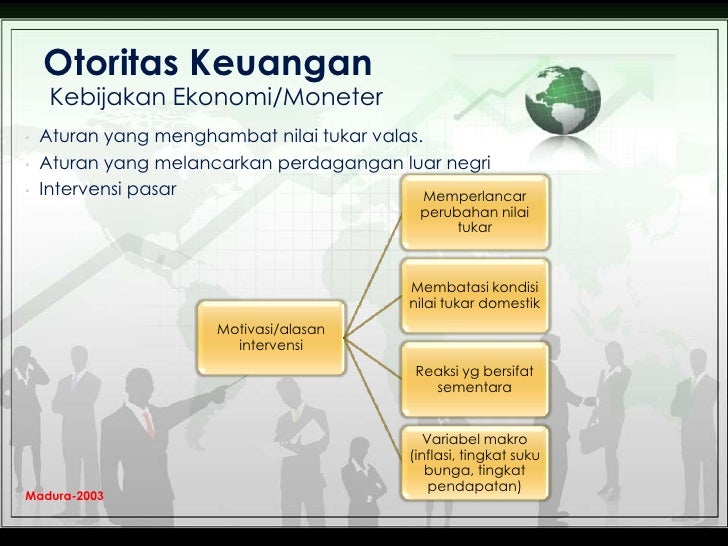

It is not at all uncommon for traders to feel as though they are falling short of their expectations. Trading is all about risk and reward, and all of us have finite hit and Sharpe ratios. That all but guarantees that there will be periods of drawdown and suboptimal performance. When we chronically underperform our expectations, that itself can lead to a frustrated mindset that ensures future trading challenges. Here are four reasons you might be underperforming your expectations over significant periods of time and what you can do about them:
1) Your expectations are unrealistic – It is not at all uncommon that developing traders attempt to take shortcuts in their learning process and take too much risk, too soon. Often, this is because they *need* to make money and can’t allow themselves to travel the learning curve of developing experience and expertise. Think of any performance field, from athletics to music to acting. No one achieves consistent expertise and success in a matter of months. In the field of medicine, a student goes through four years of study to become a doctor–and then goes through multiple years of graduate study to master a specialty. Our expectations should be about learning and development; we need to grade ourselves on our progress, not on whether we can hit our end point quickly.
2) The markets have changed – I recently spoke with a trader who had been making money earlier this year and then stopped making money. The frustration of the recent performance led to further trading problems. When we examined his trading, it was clear that he had a bullish bias and made his money by fading extreme price moves. In the higher volatility environment, price moves went from extreme to more extreme and, of course, the bullish bias stopped working once we transitioned to a macro environment of quantitative tightening, rising interest rates, and high inflation. Our trader was underperforming because he, in relative terms, was a one-trick pony. He needed to return to researching opportunities and add to his trading arsenal. Failure is often a failure to adapt.
3) You are not playing to your strengths – I often find that traders attempt to make money in ways that do not tap into what they are truly good at. Active traders who recognize shifts in patterns in markets will develop longer-term “conviction” and lose their flexibility. Big picture traders who excel at researching opportunities in markets will get caught up in the wiggles of short-term price movement and get “chopped up”. This is why it is so important to study your trading successes: trades and periods of trading when you have been at your best. We learn a lot by identifying our most fulfilling period of trading: these are usually the ones that reflect our distinctive strengths. The goal is to become the best version of yourself, not to become someone else.
4) Trading is not your path – This is the one possibility that you almost never hear from trading gurus and would-be mentors and coaches. They seek your business, so it’s toxic to suggest that maybe trading is not your best path to success and fulfillment. The ability to make a significant living from a performance field–athletics, music, writing–is the rare exception, not the base case. I have shared many times my attempt to become a full-time trader. I made money–and I was miserable. My deepest rewards come from connecting with and helping people: that is why I became a psychologist. Sitting in front of screens for hours at a time did not tap into the best of me, and that was a guarantee that I would never achieve my greatest success as a trader.
Failure is information. When we fall short, there is usually an important lesson to be learned. Understanding why we’re falling short of expectations is the first step in setting ourselves on our best path.
Further Reading:
Overcoming Our Fear of Failure
Three Warning Signs of Trading Failure
Keeping Your Spirits Up When You Are Drawing Down
.



